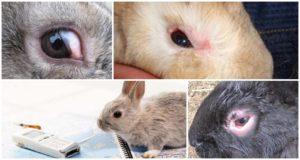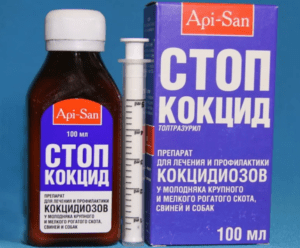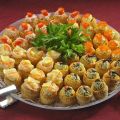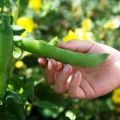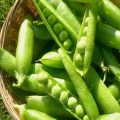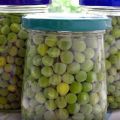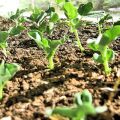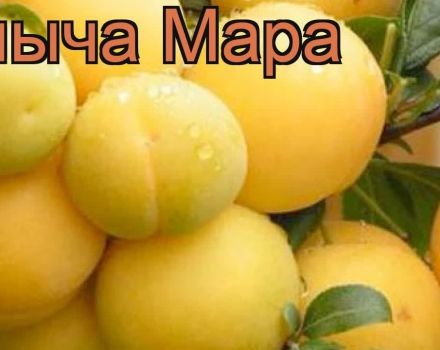Is it possible to give peas to rabbits and how correctly
Novice rabbit breeders have many questions about feeding animals, in particular, is it possible to give peas to rabbits. Doubts are caused by the fact that legumes provoke flatulence, and rabbits are not very healthy and often suffer from overeating and eating unsuitable food. However, peas are healthy, they contain many nutrients that promote rapid growth and weight gain.
Is it possible to feed rabbits with peas
Legumes are a valuable source of easily digestible proteins, vitamins and minerals. Despite the fact that they can provoke bloating and colic when consumed excessively, they are indispensable as food for rabbits, especially during the cold season..
Peas are especially useful. This is an affordable healthy crop that is easy to prepare for the winter in sufficient quantities. But in order for rabbits to get only benefit from peas, animals must be fed strictly according to the rules. In this case, feeding with peas will only benefit, the rabbits will be strong, healthy, and resistant to diseases. They will be active, superbly gaining weight, with a smooth silky skin.
Green peas
Fresh, fresh from the garden, green peas are contraindicated to give to rabbits. The presence of moisture in it can enhance the fermentation processes in the digestive organs, which will cause the development of the disease and the deterioration of the well-being of animals. But if the pods or split green peas are slightly dried, dried, the risk of flatulence can be reduced to zero.
During the drying process, the amount of liquid in the pods and peas decreases, but the nutrients are not reduced. These peas are easier to digest and are beneficial, especially as a green supplement for winter feeding when there is an acute lack of nutrients and vitamins.
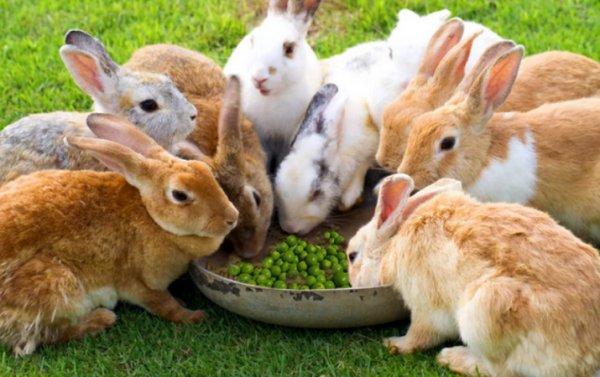
Tops
This product is no less useful and tasty by rabbit standards. After growing green peas, a lot of green mass remains in the beds. The most competent way of harvesting is drying for the winter, since at this time of the year colic especially needs high-calorie and vitamin nutrition. Fresh tops are not given to animals because of the excessive amount of moisture that provokes pain and colic in the abdomen. The collected tops are dried, then given to the rabbits as an additive, but not the main food.
Dry peas
Stocking up on dry peas is a great way to make your rabbits' winter food rich and varied. This is especially important for feeding pregnant and lactating females, as well as when raising animals in unheated rooms or outdoors. However, dry peas in unprocessed and unprepared form are not given to rabbits.Unlike green varieties of food, which are pre-dried, hard dry peas are soaked, processed and fed according to a special scheme.

It is imperative to follow the recommendations for the preparation of pea feed, since non-compliance will lead to refusal of food at best and the death of rabbits in the worst situation. In addition to peas, other legumes can be included in the diet of rabbits - beans, soybeans, lentils, beans. At the same time, the principles of feeding and processing are preserved, that is, the stems, pods and other greens from the plants are slightly dried, removing excessive moisture, and the fruits are steamed, crushed or crushed in mashed potatoes. In this case, the legumes are perfectly eaten and digested without problems.
However, it is impossible to abuse such food, especially to make it a staple food. Legumes should be a useful supplement, not a staple food.
From plants of the legume family, alfalfa greens are also fed to rabbits, including in the form of hay during the cold season. It is a very healthy food that helps to increase body weight and improve animal health.
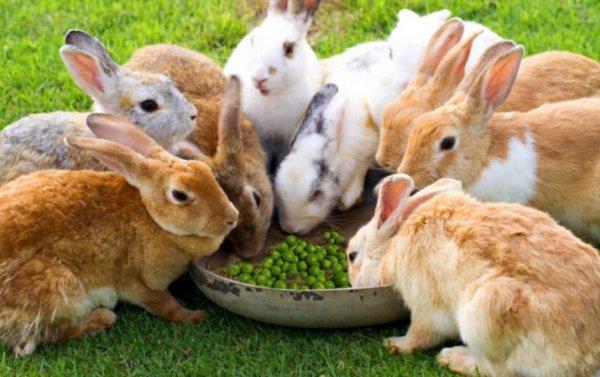
Feeding rules
Any pea food must be prepared before serving to rabbits. If drying is enough for green peas in pods and harvested fresh tops, then dry and shelled peas should be turned into gruel and added to other feeds. To obtain the product, proceed as follows:
- Dry or green peas in a clean, washed form are placed in a large container with the expectation that the volume of the finished product will at least double.
- Pour twice as much boiling water as the amount of legumes.
- Add half a tablespoon of table salt for every liter of liquid.
- Leave to swell and infuse for 2 hours.
- Dried swollen peas are mixed with bran, grated root crops - carrots, beets, silage.
- Green peas are mashed and added to grain or mixed feed.
In winter, adult rabbits and pregnant rabbits are given 50-60 grams of pea puree or steamed grain per day, nursing mothers are given up to 100 grams. Babies older than 1-2 months are given 20 grams, three-month-olds - 30 grams, four-month olds - 40 grams, rabbits over 4 months old are given an "adult" portion - up to 60 grams.
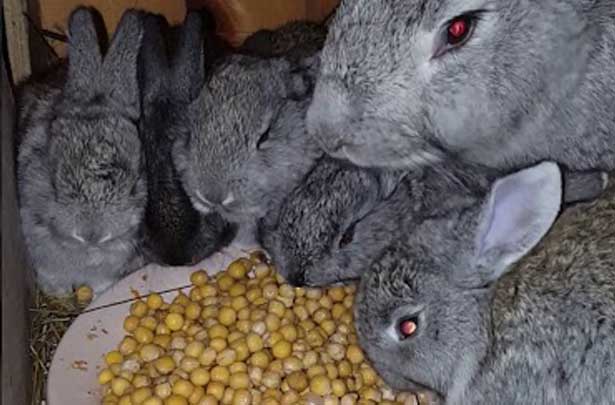
In summer, peas in different types, including tops, are added to regular feed no more than 2 times a week. The pods, after drying them, can be used in minimal quantities as a treat for domestic rabbits living as pets in the house.
Possible contraindications and harm
Because peas and other legumes can cause bloating, the amount and frequency of use should be limited. They should not become the main diet of rabbits, otherwise they will have digestive problems.
If the rabbit overstocks properly cooked peas, nothing dangerous will happen to him. He will have colic, which will lead to discomfort and anxiety, possibly bloating and indigestion. After a while it will pass. It is important to immediately draw conclusions and stop overfeeding the animals with legumes.
It's another matter if the peas are given without preliminary preparation. This can cause serious health problems and even death for rabbits. This is especially dangerous for pregnant and pregnant rabbits, as well as small rabbits.
It is believed that it is possible to give peas and other similar food to babies older than 1-2 months, at first a little, observing their health. If signs of malaise appear, peas should be removed from the menu for a while. Pea mash and puree are useful for lactating rabbits, as they help to increase lactation and improve milk quality.But here too moderation and correct preparation of the compositions are important for success.
